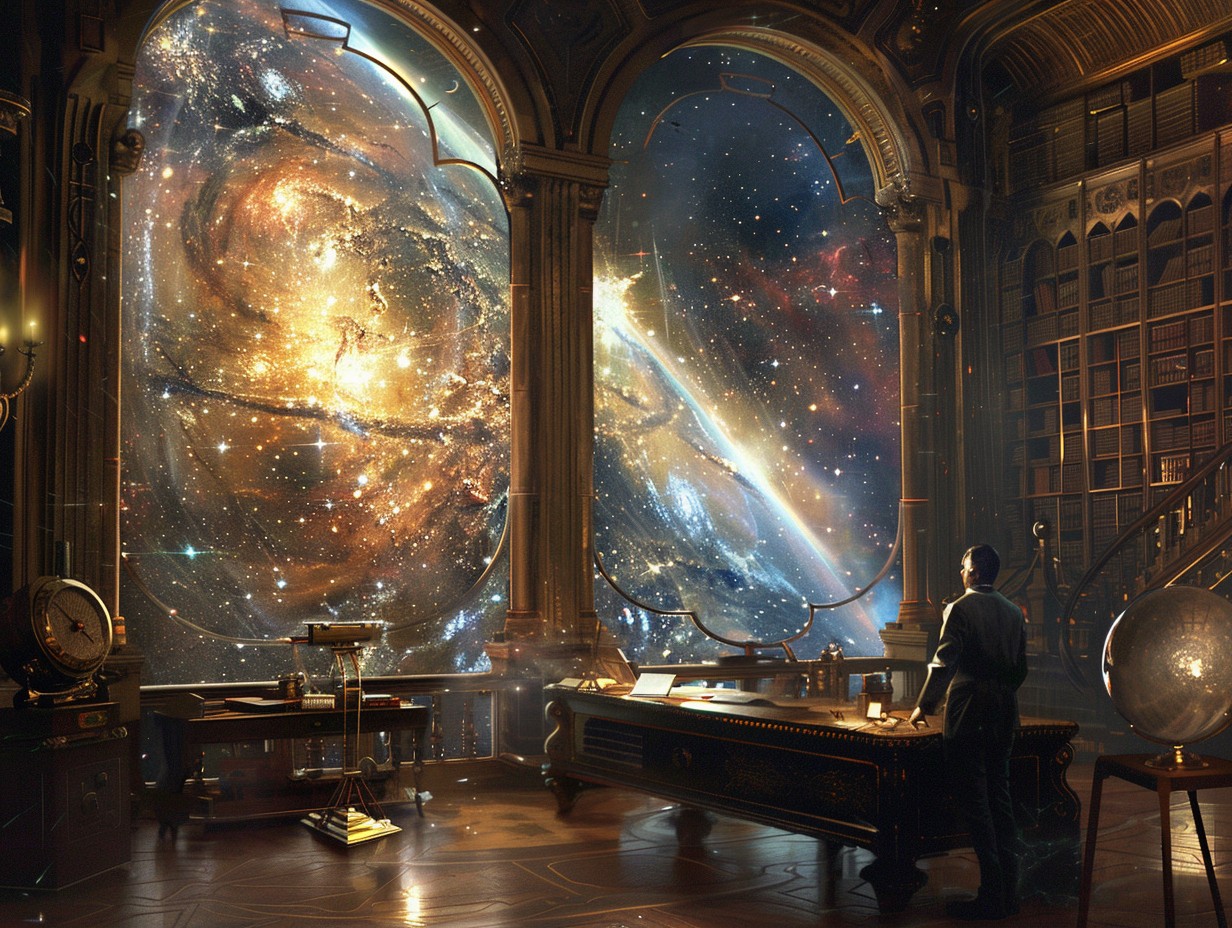In the legacy of Stephen Hawking, a vision for humanity’s future emerges, casting light on the path to survival amidst the stars. Hawking left behind a blueprint that suggests the colonization of other planets as a critical step for human survival. His insights are rooted in a deep understanding of the universe and its boundless mysteries. They have ignited a flame of ambition in the hearts of today’s tech moguls and visionaries.
Hawking’s space and AI predictions
Hawking’s foresight into the potential of artificial intelligence (AI) and human creativity points towards a new future. It’s a time where establishing human colonies beyond Earth is not just possible but necessary within the next century. This idea isn’t confined to the pages of science fiction anymore. Leaders in technology and space exploration, such as Elon Musk of SpaceX and Jeff Bezos of Blue Origin, have taken Hawking’s predictions to heart. Their efforts are laser-focused on Mars, marking it as a prime destination for humanity’s first extraterrestrial colony.
Unity and responsibility
The endeavors of billionaires like Musk and Bezos highlights a vital debate on the ethics of space colonization. The contrast between those who can afford to look towards the stars and those bound to the troubles of Earth paints a complex picture of our current predicament. Hawking’s vision, however, isn’t just about the technological marvels that might ferry us to new worlds. It’s a reminder that the future of humanity hinges on our ability to work together, to face our obstacles head-on rather than retreating.
Stephen Hawking’s predictions continue to resonate. They offer a roadmap for humanity’s journey into the unknown. As humanity steers the uncertainties of time, his wisdom remains a beacon, encouraging people to look beyond their immediate surroundings. How people choose to approach this endeavor will define not just the future of space exploration but the very essence of humanity.





